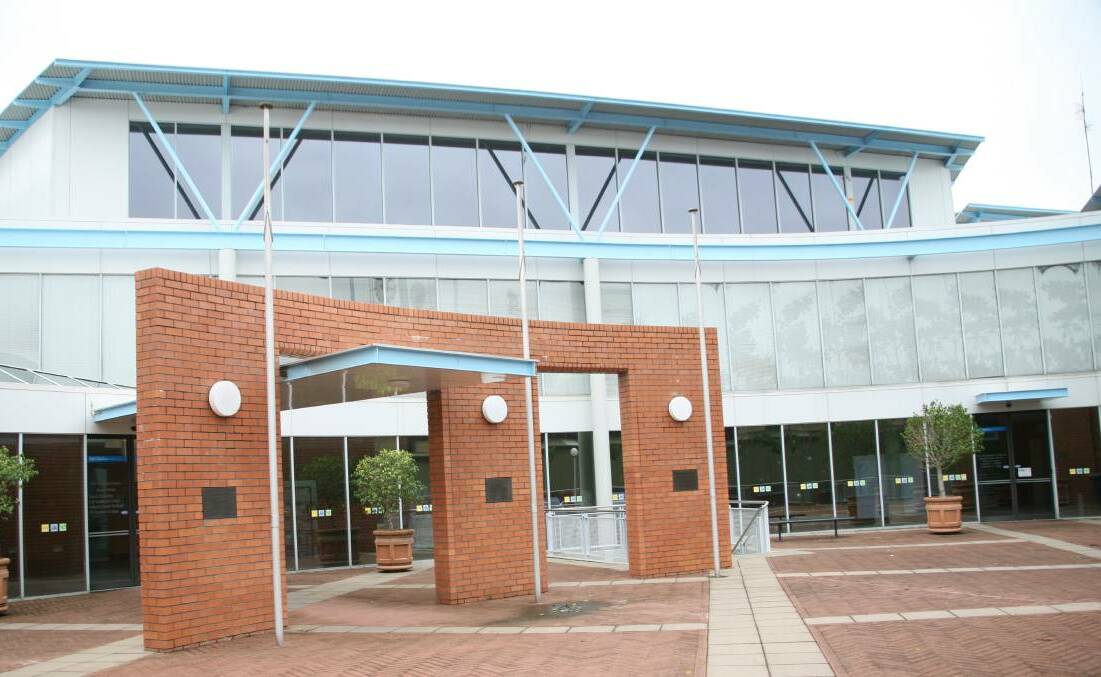
Port Stephens council's plan to lift rates by 31.29 per cent to balance its budget has received the all clear from the state's regulatory body.
The Independent Pricing and Regulatory Tribunal has announced its decision on Port Stephens and 16 other NSW council applications for special variations more than the rate peg.
IPART approved Port Stephens' application for a 9.5 per cent increase per year in 2023-24, 2024-25 and 2025-26, which will result in a 31.29 per cent rise when compounded over three years.
Port Stephens mayor Ryan Palmer said the approval was welcome, and would allow the council to achieve financial sustainability.
"It's not a time to celebrate, but it means we can move forward," he said. "It's good to know where we are heading and that we don't need to cut services."
The council's financial woes became apparent in 2022. General manager Tim Crosdale said in November the rate injection was aimed at reducing a predicted ten-year $80 million budget shortfall.
The council said it opted for a rate rise after a survey of residents indicated they preferred it to a cut in services needed to balance the books without more rate revenue.
Mr Palmer acknowledged residents were facing tough economic times with electricity prices and interest rates.
However he said Port Stephens had a "long history of low rates" and the increase would still mean the council had some of the lowest rates in the Hunter.
Hardship provisions will also be available, Mr Palmer said.
IPART chair Carmel Donnelly said the tribunal was mindful of the impact additional rates would have on residents, but also the affect of lower revenue on services they receive.
The tribunal's other considerations include the need for the additional revenue, evidence the community is aware of the rate rise, exhibition of relevant planning documents and council's productivity and cost containment actions and plans.
Ms Donnelly said 340 submissions were made to the tribunal about Port Stephens council's application. The submissions raised questions about the fairness of exempt properties, if ratepayers were subsidising tourists, if the council was spending money wisely and how rates related to recent land valuations residents had received.
She also said people raised broader issues about the financial model for councils.
IPART has recently released a draft report calling on the NSW government to commission an independent investigation of the financial model for councils in NSW.
Port Stephens' rate rise will be put to the June 27 council meeting as part of its budget. If approved it will kick in on July 1.
WHAT DO YOU THINK? Join the discussion in the comment section below.
Find out how to register or become a subscriber here.






